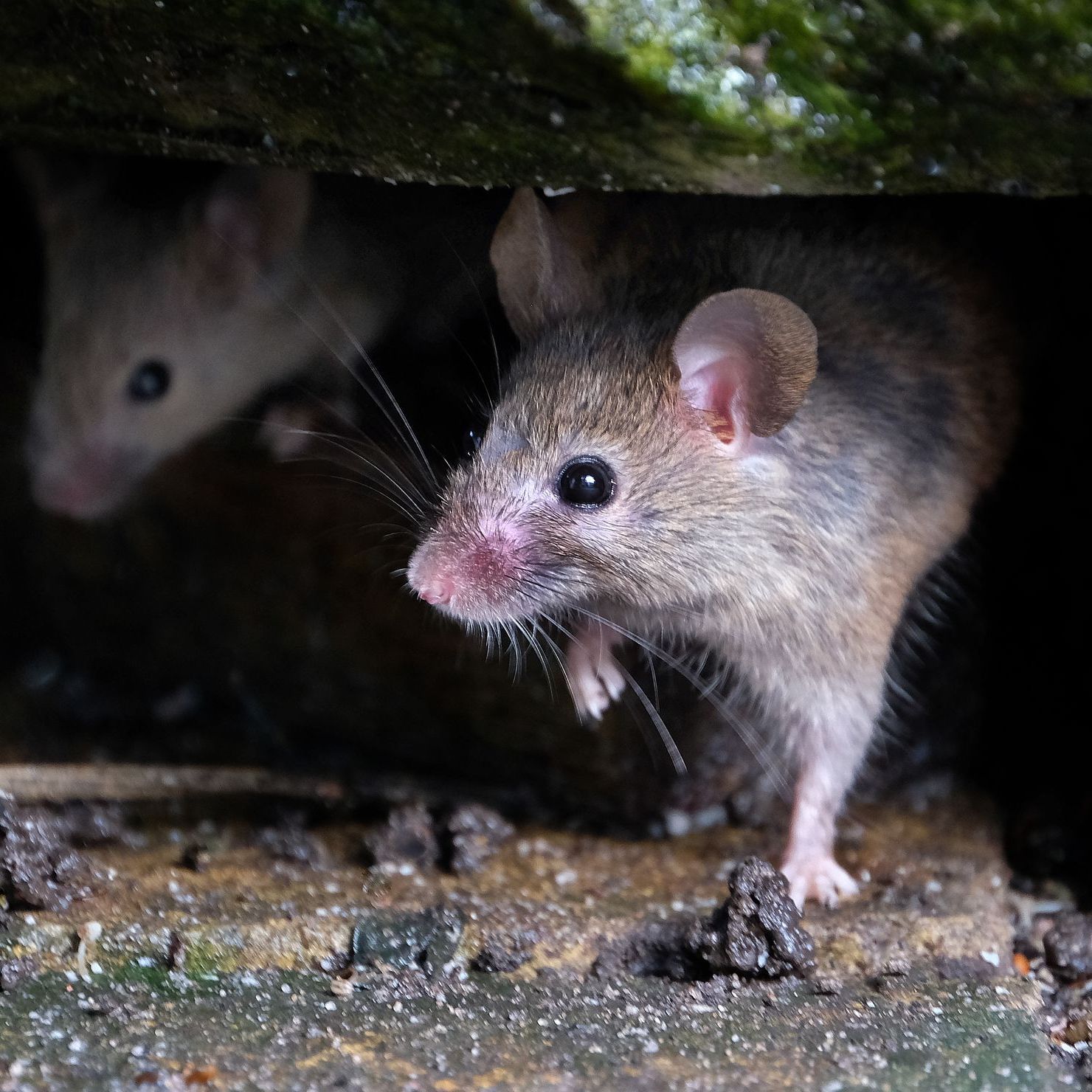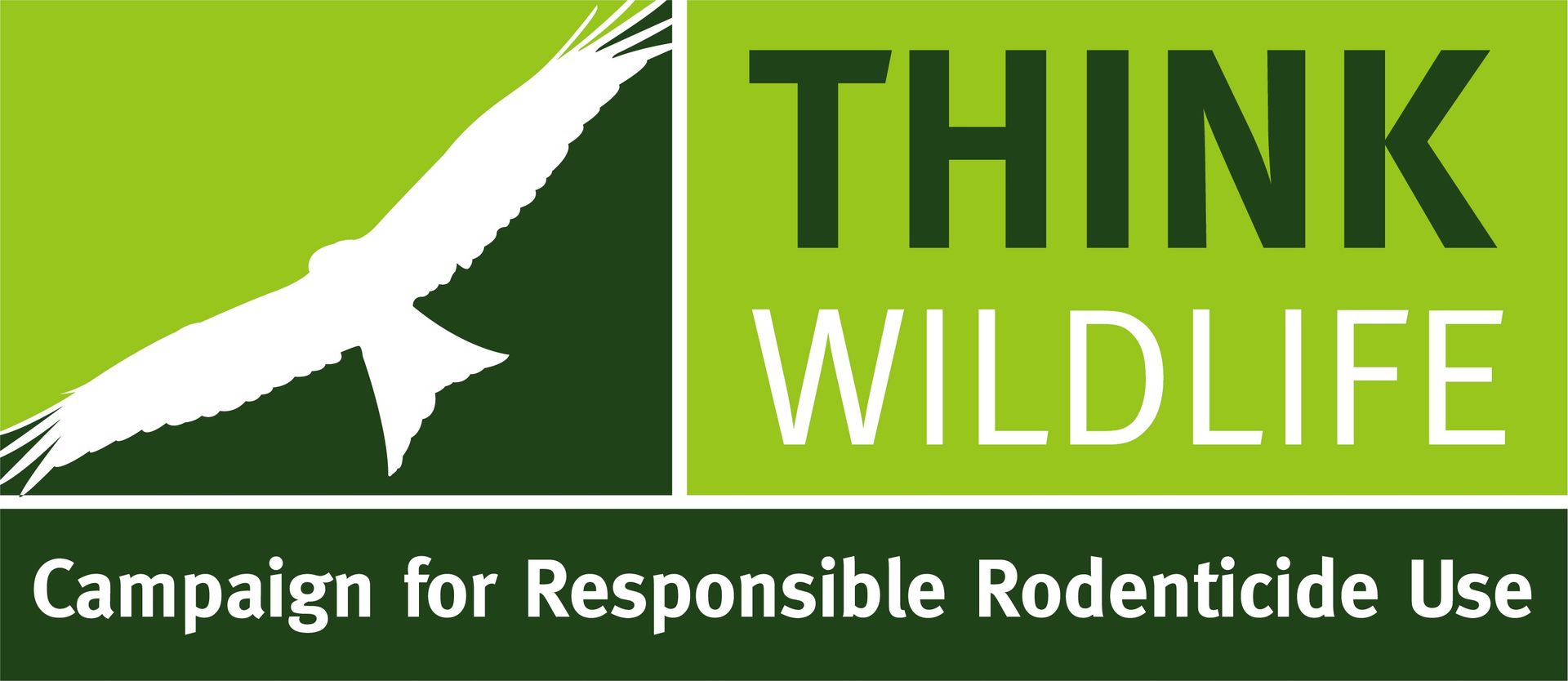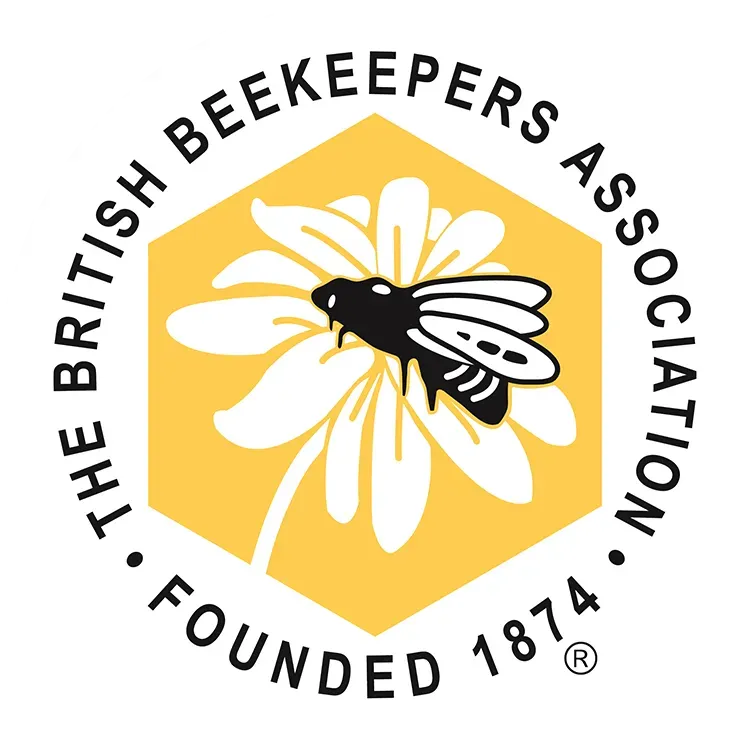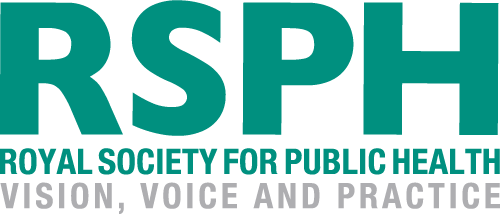HULLS
ENVIRONMENTAL SERVICES
Call us at: 0121 270 5560 | 07725 839 993
HULLS
ENVIRONMENTAL SERVICES
Rodent control
Rodent control in Sutton Coldfield, Lichfield and Tamworth
Dealing with rats in a property requires a combination of prevention, elimination, and maintenance. Here’s a step-by-step guidE:
1. Identify the Problem
- Look for droppings, gnawed objects, or nesting materials.
- Listen for scratching noises in walls or ceilings.
- Check for burrows outside near foundations
2. Eliminate Food & Water Sources
- Store food in sealed containers.
- Clean up crumbs and spills immediately.
- Secure trash bins with tight lids.
- Fix leaking pipes or standing water sources.
3. Seal Entry Points
- Block holes with steel wool, metal mesh, or cement.
- Seal gaps around doors, windows, and vents.
- Cover drain pipes and vents with fine mesh screens.
4. Use Traps & Baits
- Snap traps: Effective and humane if checked frequently.
- Live traps: cages
- Rodenticide (Poison): Use cautiously and keep away from children and pets
5. Call a Professional (If Needed)
- If the infestation is severe or persistent, a pest control expert can offer safe and effective
6. Maintain & Monitor
- Regularly inspect your property for signs of rats.
- Keep your yard and storage areas clean.
- Encourage natural predators like owls by installing nesting boxes
Dealing with a rat infestation promptly is crucial due to the health risks and property damage these pests can cause. While some homeowners attempt DIY methods, there are several factors to consider when deciding between handling the issue yourself or hiring a professional.
Diseases Associated with Rats
Rats can carry and spread several dangerous diseases, including:
- Leptospirosis – Can cause liver and kidney damage in humans. Spread through rat urine in water or soil.
- Hantavirus – A potentially deadly respiratory disease transmitted through rat droppings, urine, or saliva.
- Salmonella – Food poisoning caused by rat-contaminated food or surfaces.
- Plague (Bubonic Plague) – Spread by fleas that infest rats, though rare today.
- Rat-Bite Fever – Can be transmitted through bites, scratches, or contact with rat carcasses.
- Lymphocytic Choriomeningitis (LCMV) – A viral infection that can cause flu-like symptoms and affect the nervous system.
- Tularemia – Bacterial infection that can spread through handling infected rodents or their droppings.
Since rats pose serious health risks, addressing an infestation quickly and effectively is
crucial. If you’re unsure or concerned, calling a professional is the safest option.
Would you like advice on preventing rats from returning?

Professional Pest Control:
- Expertise: Professionals have the knowledge to assess the extent of the infestation, identify entry points, and implement effective eradication strategies.
- Safety: They use specialized equipment and methods that minimize health risks to you and your family.
- Long-Term Prevention: Professionals can offer advice and solutions to prevent future infestations, such as proper sanitation practices and structural repairs.
- Given the challenges and risks associated with DIY rat control, especially in urban areas it's often advisable to consult a professional pest control service. They can ensure the infestation is handled safely and effectively, providing peace of mind and long-term protection for your property. We can help you in all aspects making sure they don't return.
- For a major infestation: It’s best to call a professional exterminator. They have the expertise to locate nests, use safe and effective treatments, and prevent reinfestation.
- If rats are inside walls, attics, or hard-to-reach places, or if you notice signs of a large infestation (such as droppings, gnaw marks, or scratching noises), calling a professional is strongly recommended.
GET IN TOUCH
We will get back to you as soon as possible.
Please try again later.
CONTACT DETAILS
Pages
© Copyright 2023 | All Rights Reserved | Hulls Environmental Services | Cookies & Privacy Policy






